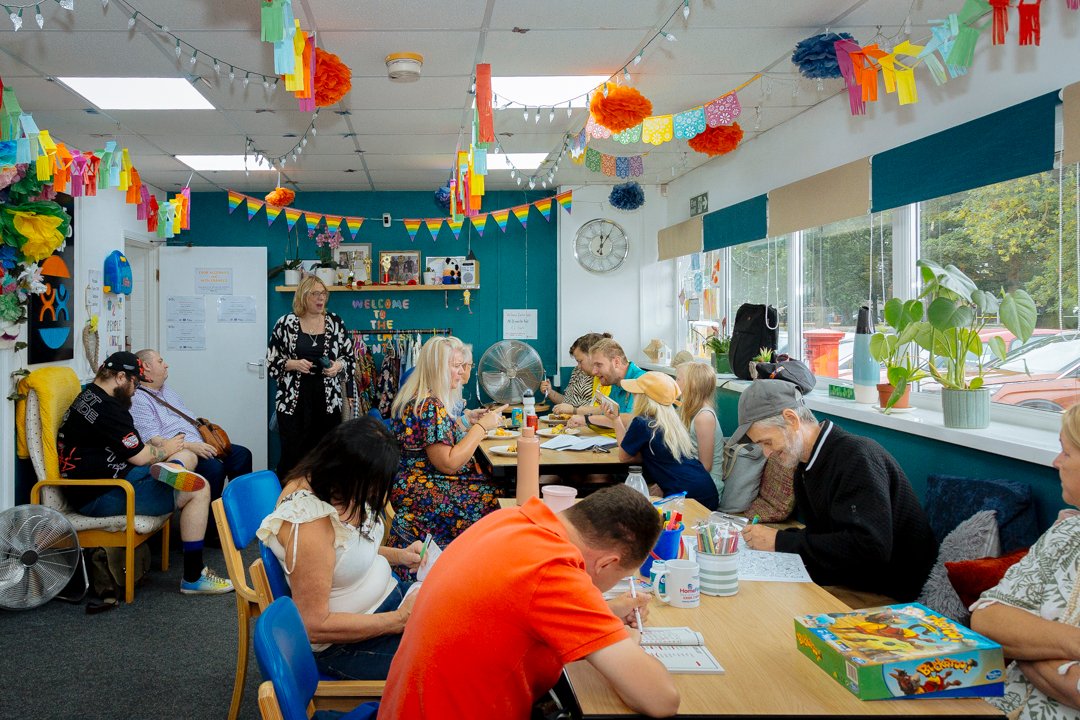Unlocking community power to tackle hardship
In our new short film series, we highlight 4 organisations making a powerful impact in tackling hardship.

Insight into the crucial role played at the neighbourhood level to protect people from hardship.
Poverty is deepening in the UK, hitting the most deprived neighbourhoods hard. Hardship is not simply about income. Poverty also has a social, emotional and psychological toll, and everyone should have somewhere to turn to in times of need. Being able to find connection, purpose, and the right help at the right time are vital to protecting people from hardship.
JRF calls this a social safety net, something that all neighbourhoods should be supported to provide, which comprises 3 core components:
Building community power, connection, purpose and relationships
This is the everyday stuff of community life that makes it more likely that life goes well: friendship, a helping hand and mutual aid. It is the infrastructure in neighbourhoods that enables people to find common cause and seek to shape the world around them.
Emergency and crisis support
Lifelines such as local welfare assistance, the household support fund, discretionary housing payments and in-kind help from foodbanks or furniture and white goods schemes.
Practical help and advice to stop problems getting worse
People need help getting back on their feet before their situation deteriorates. This includes benefit, housing, debt and immigration advice, income maximisation, social prescribing, talking therapies for anxiety and depression, community health and employment support.
Tackling deprivation is urgent and will require policy action in areas such as reforming Universal Credit. But even if we get these reforms right, there will always be a crucial role played by neighbourhoods, to protect people from hardship. Providing people with emergency support, building social connection, strengthening community power, and finding advice and practical help all happen at this scale. We need to harness and mobilise every contribution that can be made. We also need to make sure we have a policy environment that fosters effective neighbourhood action.
Last year we worked with New Local looking at what would be needed to motivate and deliver on a mission to ‘design out’ hardship in a local area. Building on that work, we commissioned a series of essays from 12 leading thinkers, including academics, think tanks, and not-for-profits, to explore how to tackle hardship in neighbourhoods and identify the national policy changes needed to strengthen this work.
The essays explore 3 central themes of building connection and understanding; building community power and ownership and shifting the role of the (local) state.
This report asks what it would look like for a local area to do everything it can to ‘design out’ the most severe forms of hardship, to ensure no one ever experiences them.
Everyone should have someone and somewhere to turn to when times are hard. That is what we refer to as the ‘social safety net’.